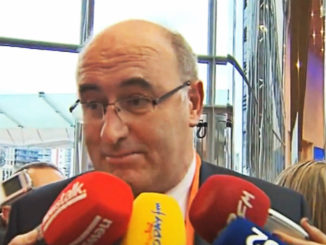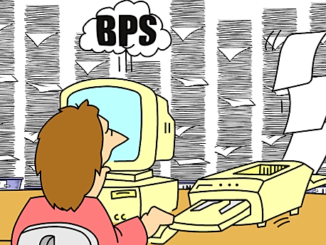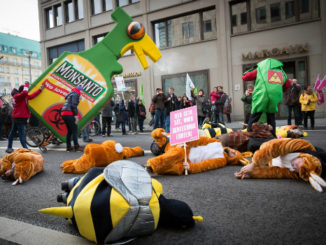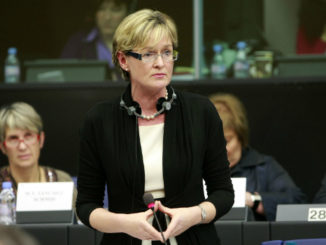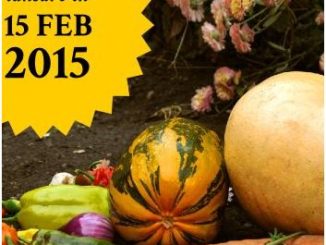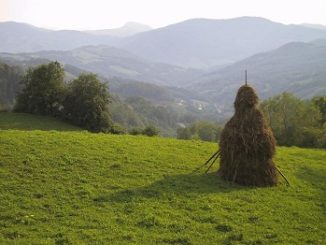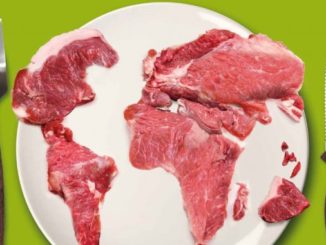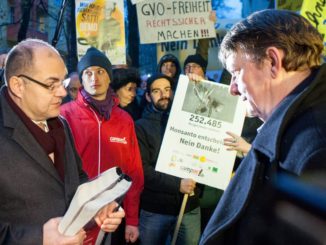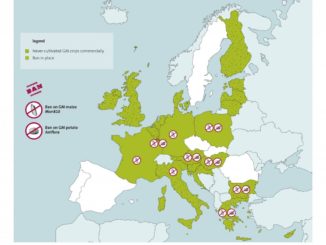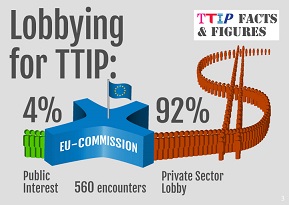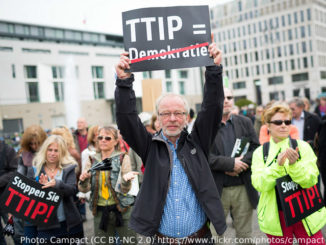
Webinars on TTIP
ARC2020 together with IATP has hosted 4 webinars on TTIP. In case you missed it or you would like to recap, you find the recordings below. Webinar: TTIP and Animal Welfare 26.02.2015 The EU and US have very different rules on the treatment of farm animals. The EU recognizes animals as sentient beings and requires Member states to respect their welfare, banning some of the worst forms of cruelty, many of which are common in the United States. Progress has been more limited in the U.S., but animal welfare activists won a major victory with California’s passage of a new law banning eggs produced in battery cages. The EU has proposed non-binding language on animal welfare in the draft text in the Transatlantic Trade and Investment Partnership (TTIP), but animal welfare advocates worry that this weak language will only make things worse. In fact, other language in TTIP intended to harmonize standards could jeopardize laws like the California ban and make it more difficult to raise animal welfare or food safety standards. Presenters include: Joyce […]

